Menu
Menu
Teaching
Teaching
Teaching Philosophy
I used to write on my syllabi that I ran my classroom like a newsroom. Not any more. I’ve realized that benefits of a classroom, especially for the core writing and reporting classes, matter. Now I create space for students to slow down, build habits and ask Big Questions.
These are hallmarks of my classes:
- REPS. Students write every day. I don’t grade everything. I don’t always read everything. But doing the work, day in and day out, enables students to build a strong base and take control of their own learning.
- Process over product: Sure, the product matters. But I focus on how the work is done. This doesn’t align with how a lot of newsrooms work, but it does align with the conclusions from scholarly research for building sustained excellence in any field. And it better prepares students to work in those newsrooms.
- Metacognition/reflective work: I build check-in and check-out exercises into classes for students to focus on what they’re thinking about and what questions they have. Students also turn in reflections for every major assignment, focusing on what they did well and what they need to improve. The first part is key – too much of education can be about fixing weaknesses, and I also want students to build from their strengths.
- Actionable feedback: I don’t just edit, although sometimes that’s necessary.
- Getting more comfortable being uncomfortable: Learning isn’t easy. Reporting isn’t easy. Entering an industry that’s in disruption isn’t easy. I build my classes to challenge students. But first I build a classroom community that enables them to take risks, to make mistakes and to learn from those mistakes.
My Courses
Reporting 1
Reporting 1
Journalism is a public service. That’s why our industry is in the Constitution … well, the Bill of Rights, as part of the First Amendment. Everything we do this term will keep that concept—the public—front and center.
Reporting 2
Reporting 2
Reporting 2 is focused on reporting in the public interest. We have a unique opportunity this term to both do that kind of reporting and reflect on what this kind of reporting can mean for communities, particularly ones that have been traditionally underserved by news media.
Newspaper Editing
Newspaper Editing
This is a class about language and why it matters. About readers and why they matter. About learning to work as a team to make news coverage more readable, more accurate, more accessible to the public, more useful to our democracy.
Journalism & Democracy
Journalism & Democracy
Journalism is essential for a healthy democracy. We’re going to focus on how to make journalism more diverse, more inclusive and — therefore — more accurate. And being a journalist means you need to be a continuous learner, so this class will give you strategies for doing that.
Media History
Media History
This class will emphasize that there is no single history of media, but rather multiple histories that we will explore and question. The goal is for you to begin to more personally connect with media’s past as you embark upon creating its future.
Sports, Media, Society
Sports, Media, Society
Sports reflect — and often magnify — our society, our culture, our strengths, our weaknesses. In this class, we will go beyond the proverbial box scores. We’ll examine sports through a number of lenses: race, gender, sexuality, ethnicity, nationalism, social class.
Track Bureau
Track Bureau
We will be covering the track and field beat. But you will leave this class learning how to think like a journalist, something you will be able to transfer to any beat or story, whether you’re covering high school sports, the Olympics, education policy, environmental issues, Eugene city council or the White House.
Publications I've Worked With
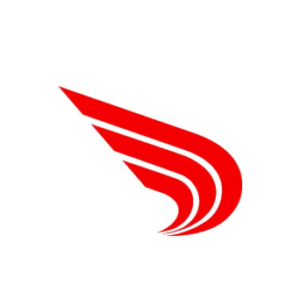
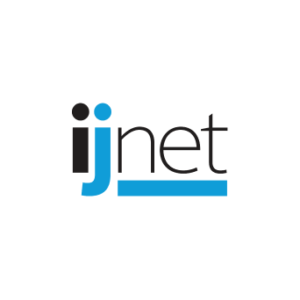

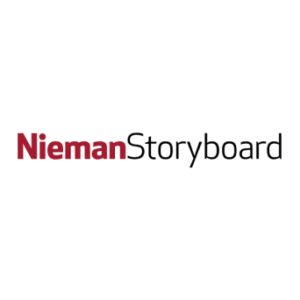

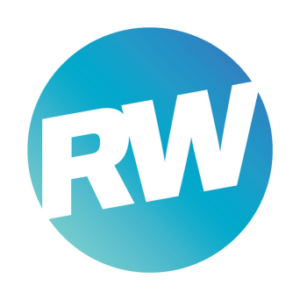



Where My Students Have Published
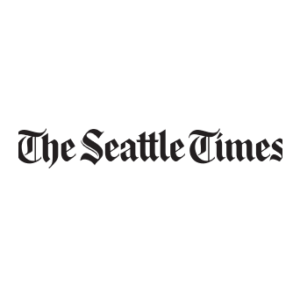
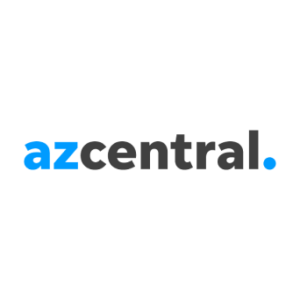



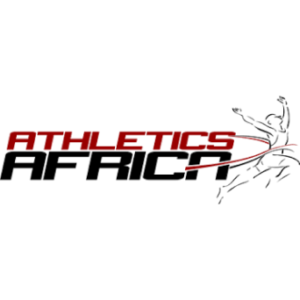
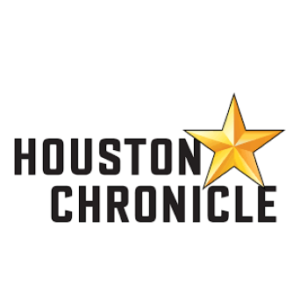

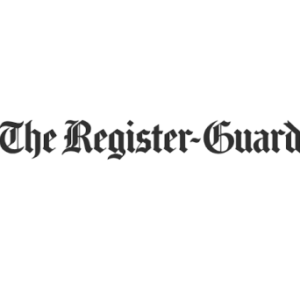
Let's Collaborate
Lorem ipsum dolor sit amet, consectetur adipiscing elit. Ut elit tellus, luctus nec ullamcorper mattis, pulvinar dapibus leo.
Lori Shontz
© Copyright 2024